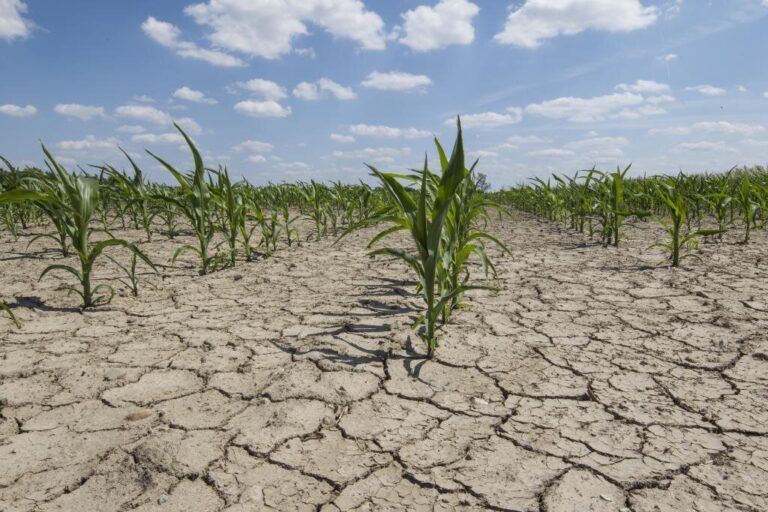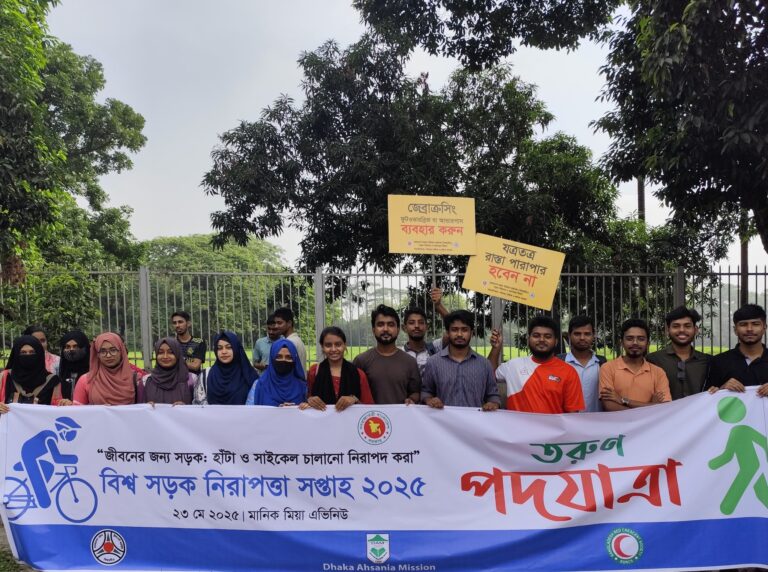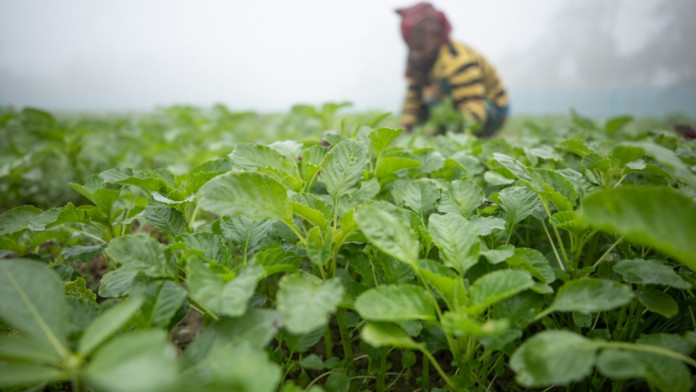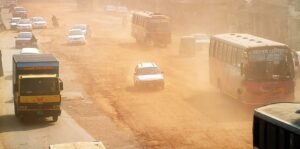Plastic waste has become a major environmental concern globally, and Bangladesh is no exception. As one of the most densely populated countries in the world, Bangladesh faces serious challenges in managing its plastic waste effectively. With rapid urbanisation, industrial growth, and changing consumer habits, the production and consumption of plastic products have risen sharply in recent years. This increase has brought with it severe environmental and health consequences, especially in urban centres like Dhaka and Chattogram.
Although plastics have made modern life more convenient, their non-biodegradable nature and indiscriminate disposal have led to widespread pollution. Bangladesh, despite its various policies and commitments, is struggling to implement an efficient system of plastic waste management. However, with growing awareness, technological innovations, and policy interventions, there are also significant opportunities to address this crisis.
Current Situation of Plastic Waste in Bangladesh
According to a 2020 report by the World Bank, Bangladesh generates around 800,000 tonnes of plastic waste annually, of which only about 36% is recycled. Dhaka alone contributes over 646 tonnes of plastic waste per day. Unfortunately, a large proportion of this waste ends up in open landfills, drains, canals, and rivers, leading to waterlogging, soil contamination, and harm to aquatic life.
One of the key reasons behind the rise in plastic pollution is the widespread use of single-use plastics such as polythene bags, plastic wrappers, bottles, and food containers. Despite a government ban on polythene bags in 2002, enforcement remains weak. As a result, polythene continues to be widely used, particularly in markets and shops.
Challenges in Plastic Waste Management
Lack of Proper Collection and Segregation:
The waste management system in most cities of Bangladesh is not adequately structured to deal with plastic waste. Waste is often collected in mixed form without separation at source, making it difficult to recycle plastics efficiently. Moreover, municipalities lack the infrastructure and resources to handle the growing volume of plastic waste.
Informal Recycling Sector:
A large part of plastic recycling in Bangladesh is carried out by the informal sector. While these workers play a vital role in collecting and recycling plastic, they often operate in unsafe conditions without proper equipment or legal recognition. This not only affects their health and safety but also leads to inefficiencies in the recycling process.
Public Awareness and Behaviour:
General public awareness regarding the harmful effects of plastic pollution is still low. People often dispose of plastic waste irresponsibly, such as throwing it into rivers, drains, or open areas. Lack of knowledge about proper waste disposal and recycling further worsens the problem.
Policy and Regulatory Gaps:
While Bangladesh has introduced several policies, including the ban on polythene bags and initiatives under the 3R strategy (Reduce, Reuse, Recycle), implementation remains a challenge. Weak enforcement, lack of coordination among agencies, and limited funding hinder the effectiveness of these policies.
Limited Use of Alternative Materials:
Alternatives to plastic, such as jute or biodegradable bags, are still not widely available or affordable for the average consumer. This has led to continued reliance on cheap plastic products, especially in low-income communities.
Environmental and Health Impacts
Plastic waste has far-reaching environmental and health implications. In cities like Dhaka, clogged drains due to plastic waste contribute to frequent waterlogging during the monsoon season. Plastic waste in rivers and seas poses a serious threat to marine life, with animals often ingesting plastic particles.
Burning of plastic waste, a common practice in some areas, releases toxic gases like dioxins and furans, which can cause respiratory problems, skin diseases, and even cancer. Microplastics—tiny plastic particles formed from the breakdown of larger plastics—are increasingly being found in water, food, and even human bodies, raising serious public health concerns.
Opportunities for Improvement
Despite these challenges, there are several opportunities for Bangladesh to improve its plastic waste management system:
Promoting Recycling and Circular Economy:
Investing in modern recycling facilities and supporting the circular economy model can significantly reduce plastic waste. Encouraging businesses to design products that are easier to recycle and creating markets for recycled plastic products can also help.
Strengthening the Informal Sector:
Recognising and integrating informal waste collectors into the formal system can improve collection and recycling rates. Providing them with training, protective equipment, and legal recognition can enhance their efficiency and wellbeing.
Public Awareness Campaigns:
Nationwide awareness campaigns through media, schools, and community programmes can help change public behaviour regarding plastic use and disposal. Encouraging people to reduce plastic consumption and segregate waste at source can make a big difference.
Policy and Regulatory Enhancements:
Strengthening the enforcement of existing laws and introducing new regulations on plastic production and use are essential. Introducing extended producer responsibility (EPR) policies—where producers are held accountable for the disposal of their plastic products—can drive manufacturers to adopt sustainable practices.
Promoting Alternatives to Plastic:
The government and private sector can work together to develop and promote affordable and accessible alternatives to plastic. Encouraging the use of jute, paper, or biodegradable materials can help reduce dependence on plastic.
Research and Innovation:
Supporting research into new technologies and materials for plastic waste management can offer innovative solutions. Universities and research institutions can play a key role in developing localised strategies suitable for Bangladesh’s context.
Community-Based Waste Management:
Empowering communities to manage their waste through local initiatives can be effective. Community-led segregation, composting, and recycling programmes can reduce the burden on municipal authorities.
Success Stories and Initiatives
Some successful initiatives in Bangladesh offer hope. For instance, Mission Green Bangladesh has launched various awareness campaigns and clean-up drives across the country to fight plastic pollution. Some companies have started using recycled plastics to make products like tiles, furniture, and road materials.
In coastal areas like Cox’s Bazar, local NGOs have introduced programmes to collect plastic waste from beaches and recycle it into useful items. Similarly, educational institutions have begun incorporating environmental education into their curricula to promote eco-friendly habits from a young age.
International Collaboration and Funding
Bangladesh can also benefit from international support through funding, technology transfer, and knowledge sharing. Partnering with international organisations and neighbouring countries can help Bangladesh adopt best practices in plastic waste management.
The UN Environment Programme (UNEP), World Bank, and Asian Development Bank have supported various projects in Bangladesh aimed at improving solid waste management. Further engagement with such institutions can bring technical expertise and financial resources to scale up efforts.
Plastic waste is a growing environmental crisis in Bangladesh that demands urgent and coordinated action. While the challenges are significant, the opportunities are equally promising. Through strong political will, effective policy implementation, community engagement, and international cooperation, Bangladesh can pave the way for a cleaner, healthier, and more sustainable future.
The journey towards efficient plastic waste management will not be easy, but it is essential. Protecting the environment, public health, and the well-being of future generations depends on how we act today. A nationwide movement involving all stakeholders—government, private sector, civil society, and individuals—is the need of the hour. With collective effort, Bangladesh can turn the tide against plastic pollution and emerge as a regional leader in sustainable waste management.








